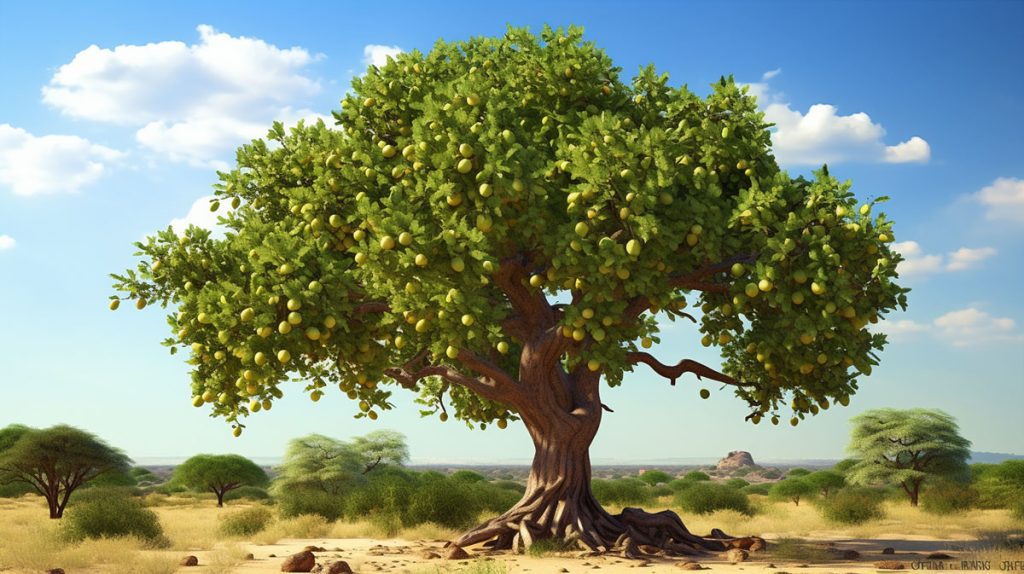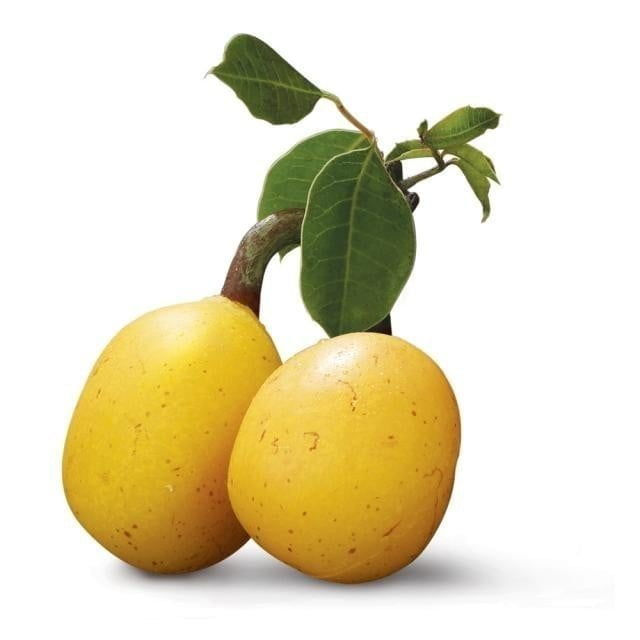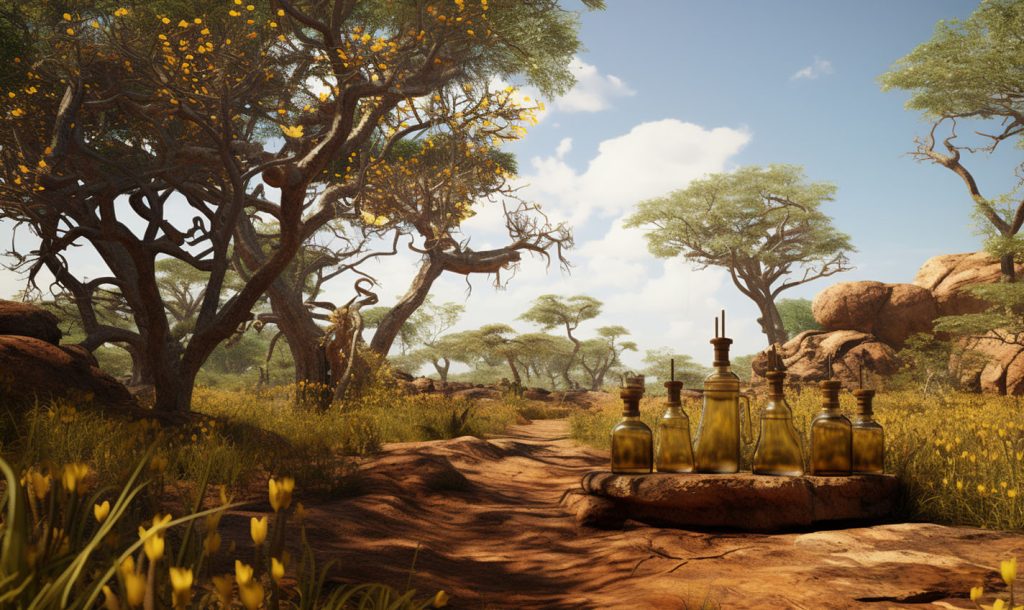An age-old ritual is experiencing a revival in the heart of Africa, where the arid savannah meets the lush bushveld. This ancient practice dates back to when the continent was first inhabited and is known as the “harvesting of liquid gold.” Collecting, refining, and using marula oil, a precious resource abundant in the marula tree, is all part of this age-old ritual passed down from generation to generation.
It is referred to as “liquid gold” not just because of its dazzling golden colour but also because of the numerous, priceless benefits it provides. There are two reasons for this moniker. Mafuta ya Marula, known in Swahili, is more than just an oil; it is a lifeline, a pillar of economic support, and a striking testament to Africa’s inherent natural resource wealth. To put it another way, it is more than just oil.
The Liquid Gold – Marula Oil and its Significance
Marula oil has been an essential item for the countless little settlements that dot the African continent since the dawn of humanity. It is fundamental to their traditional beliefs and activities, such as preparing food, preserving their appearance, and caring for their health. ‘Liquid Gold’ not only hydrates, but it also repairs the skin. Marula oil, high in antioxidants, vitamins E and C, and vital fatty acids, is crucial for glowing skin, luscious hair, and general well-being.

In these tribes, the Marula tree, known as ‘Mti wa Marula‘ in Swahili, is revered as a symbol of life and fertility. No part of the tree is wasted, from its leaves and bark to its sweet fruit and nutrient-rich nuts containing the valuable kernels from which oil may be extracted. Celebrations occur during the harvesting season, which runs from January through March. It’s a time when individuals from various groups come together to work toward a shared goal, and the event is marked by joyous singing and dancing.
Journey of Marula Oil – From Tree to Bottle
Marula oil transforms from a simple nut contained within a fruit to the “liquid gold” held within a bottle due to a precise and labour-intensive process. This leads to the high value of oil. Local women, known as “wanawake” in Swahili, are in charge of hand-harvesting marula fruits once they have fallen to the ground. These women meticulously cut open the fruit to extract the nut, which is dried in the sun for a few weeks.
The Marula nut, the hardest nut in the plant kingdom, is broken apart to expose the kernels within. Either cold pressing or boiling is employed to extract the oil from these oil-rich kernels. This raw, unprocessed Marula oil is filtered and bottled before being shipped worldwide as an ingredient in high-end cosmetic goods. This oil is very popular.
The Impact of ‘Liquid Gold’ on Local Communities
The extraction of marula oil from marula fruit gives much more than an economic lifeline to the local populations concerned. It helps people improve their business skills and even adds to women’s empowerment. The production of marula oil provides a source of income for many women, allowing them to be financially independent while also increasing their social standing.

Marula oil
Marula oil, cold pressed, is a rich source of essential fatty acids Sometimes people call it the elixir of youth, and compare it to argan oil. However, Marula oil is much lighter and has a more subtle scent. It contains tocopherols which exhibit antioxidant properties.
Furthermore, marula oil production contributes greatly to preserving the world’s unique ecosystems. We can fight to guarantee that marula trees are preserved and safeguarded from being destroyed for timber by recognizing their economic value. This is congruent with the Ubuntu philosophy of Africa, which maintains that a worldwide connection of sharing links humanity. This concept complements that ideology. This idea extends to the natural world, and the marula tree is a wonderful example of how to put it into practice.
Conclusion: Embracing Africa’s ‘Liquid Gold
In current times, the valuable “liquid gold” of Africa, known as “Mafuta ya Marula,” is highly coveted around the world. Its journey from the sun-drenched plains of Africa to the shelves of global cosmetic businesses is a testament to the strength, endurance, and ingenuity of the indigenous people responsible for its preservation.
The production of marula oil, which is based on centuries-old traditions and rituals, is more than just a business. It is a celebration of life, an acknowledgement of legacy, and an environmentally sustainable path forward. As we continue to learn more about and enjoy this “liquid gold,” we want to honour the local inhabitants who worked so hard to harvest it and the Marula tree, an immortal symbol of the African continent’s resilience and bounty.
References
Coates Palgrave, K. (2005). Trees of Southern Africa (3rd ed.). Struik Publishers.
Gruenwald, J., Freder, J., & Armbruester, N. (2012). Caffeoylquinic acids in leaves of selected sub-Saharan trees – A phytochemical and biosystematic survey. Phytomedicine, 19(3–4), 323–329. https://doi.org/10.1016/j.phymed.2011.07.062
Hall, J., Amissah, L., Eebu, C., & Olsson, M. (2006). Role of local communities in the conservation of sacred groves: A case study from Ghana. Environmental Conservation, 33(4), 326–334. https://doi.org/10.1017/S0376892906003426
Roux, P. L., & Morris, B. (2019). The role of the Marula tree in Southern African livelihoods: A preliminary overview. Sustainable Forests, 1(1), 23-37. https://doi.org/10.3390/sf1010002


